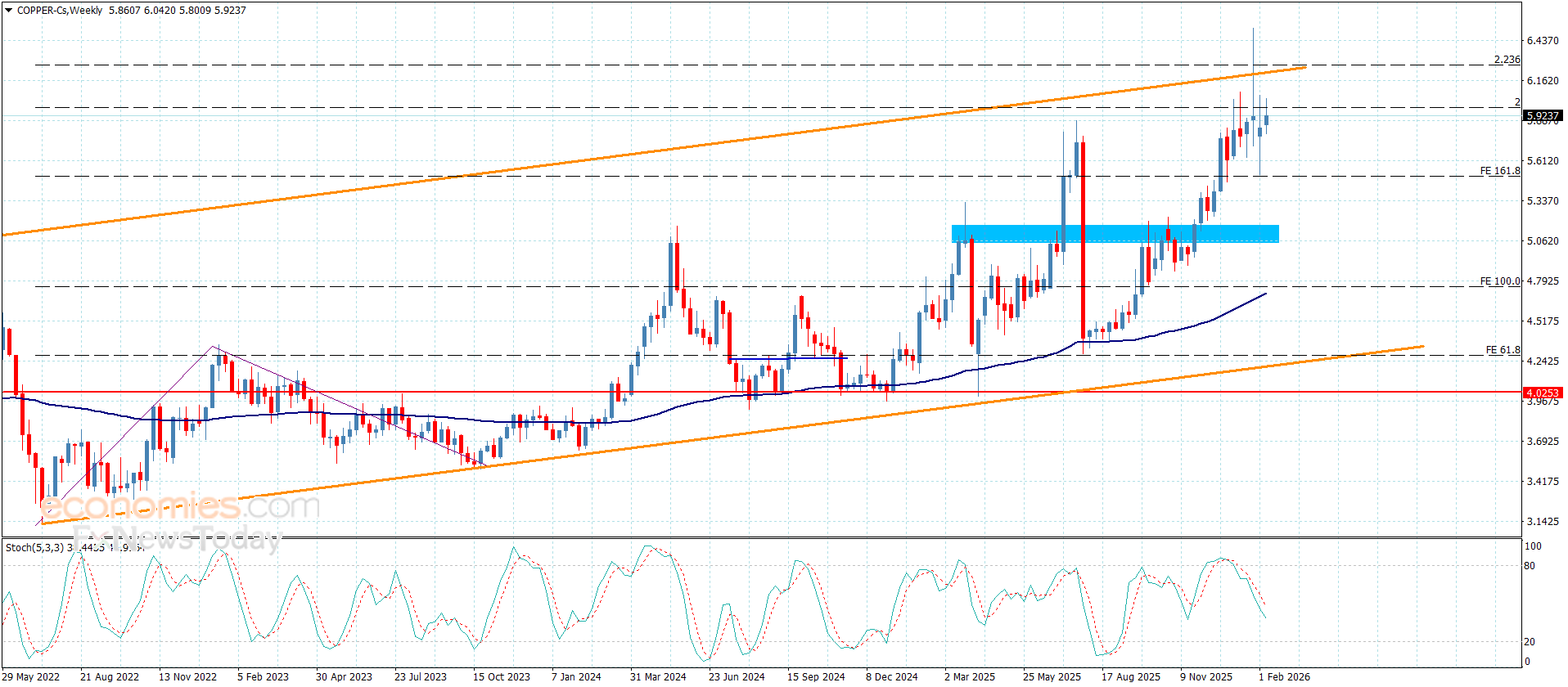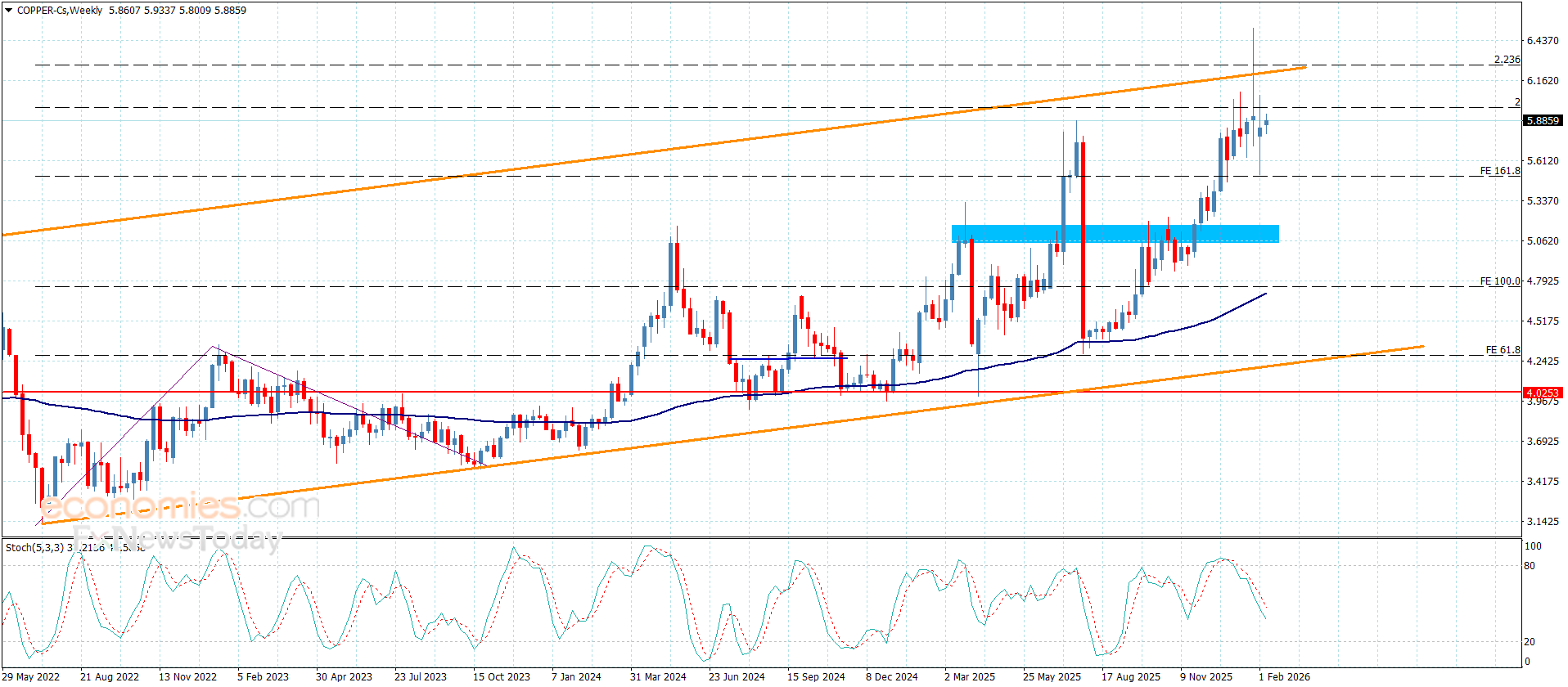Trump Signs Order Lifting Crypto Restrictions Boosting DeFi and Stablecoins
On January 23, 2025, President Donald Trump signed an executive order introducing a new federal approach to digital assets, marking a significant shift in U.S. cryptocurrency policy. This initiative aims to lift previous crypto-related restrictions, particularly those affecting decentralized finance (DeFi) platforms and stablecoins. The Federal Reserve supported this move by withdrawing prior guidelines, signaling a more permissive regulatory environment.
The Trump administration, in collaboration with the Securities and Exchange Commission (SEC) and other regulatory bodies, has removed several previous crypto restrictions. This includes repealing Internal Revenue Service (IRS) DeFi broker reporting rules and scaling back enforcement actions, which significantly impacts Ethereum (ETH) and DeFi governance tokens by reducing compliance requirements. The regulatory shift is expected to boost industry confidence and growth by providing clearer guidelines and fewer hurdles for compliance.
Experts anticipate that the crypto market will benefit from reduced restrictions and increased clarity. DeFi platforms and stablecoins now face fewer compliance hurdles, which is likely to encourage institutional participation and enhance market stability. The Trump administration’s actions are expected to influence the technology and finance sectors by promoting innovation-friendly policies, potentially leading to increased investment and industry growth.
One of the key outcomes of these policy changes is the potential for increased institutional confidence and capital inflows. The administration is considering the establishment of a national Bitcoin reserve, which could solidify federal stakes in digital assets and profoundly affect the technological and financial outlook. Historical precedents suggest that such policies can lead to increased investment and industry growth, fostering a more dynamic and innovative digital asset landscape.
In addition to the executive order, the legislative push includes the introduction of the GENIUS Act, led by French Hill. This act aims to establish guardrails and consumer protections for stablecoins, ensuring they hold adequate reserves and comply with legal standards. The GENIUS Act is part of a broader effort to reshape the financial landscape by impacting small and medium-sized enterprises (SMEs), fintech startups, and overall innovation in the crypto sector. The act seeks to provide regulatory clarity, ensuring that digital assets are treated fairly and consistently under existing laws.
However, the regulatory changes have sparked intense debate among lawmakers. House Democrats, led by Congresswoman Maxine Waters and Congressman Stephen Lynch, have expressed significant concerns. They argue that the legislation lacks necessary consumer protections and national security guardrails, and that it could legitimize what they describe as “President Trump’s crypto corruption.” Waters has specifically highlighted concerns about Trump’s involvement in cryptocurrency, suggesting it could enrich his circle by a substantial amount. The GENIUS and CLARITY acts are central to this conflict, as they could redefine how major cryptocurrencies like ETH and BTC, as well as stablecoins, are regulated. Critics worry that these changes could undermine traditional financial guardrails.
Despite the Democrats’ efforts, the GENIUS Act has already passed the Senate and is awaiting a vote in the House. The CLARITY Act and Anti-CBDC Act are still under debate on the House floor. The outcome of these votes will significantly impact the future of digital asset regulation in the United States, with potential implications for innovation, consumer protection, and national security. The intense debate underscores the complex and evolving nature of cryptocurrency regulation, as lawmakers grapple with the challenges and opportunities presented by this emerging technology.
The immediate reactions from major cryptocurrency exchanges and developers have been limited. Government entities, including the SEC, have not issued recent statements on the matter. Historically, similar legislative efforts have impacted crypto markets, prompting debates and revisions. The emphasis on regulatory clarity aims to protect consumers, although achieving consensus remains challenging. Periods of regulatory uncertainty often correlate with heightened market volatility, and stablecoins and DeFi projects have previously faced scrutiny during similar legislative debates. As regulations evolve, tracking changes remains vital for stakeholders across all levels of the crypto ecosystem.
Source link
Written by : Editorial team of BIPNs
Main team of content of bipns.com. Any type of content should be approved by us.
Share this article:









